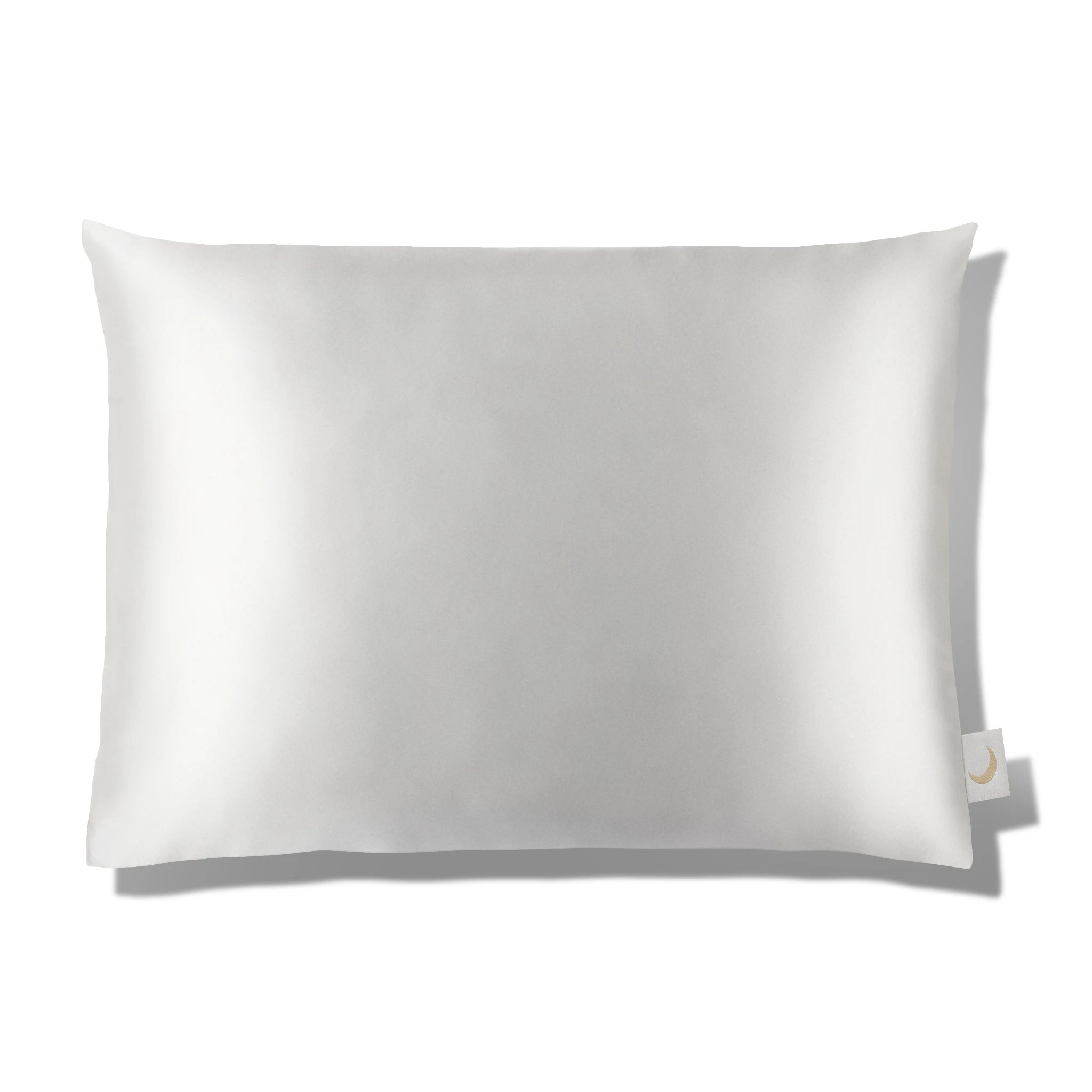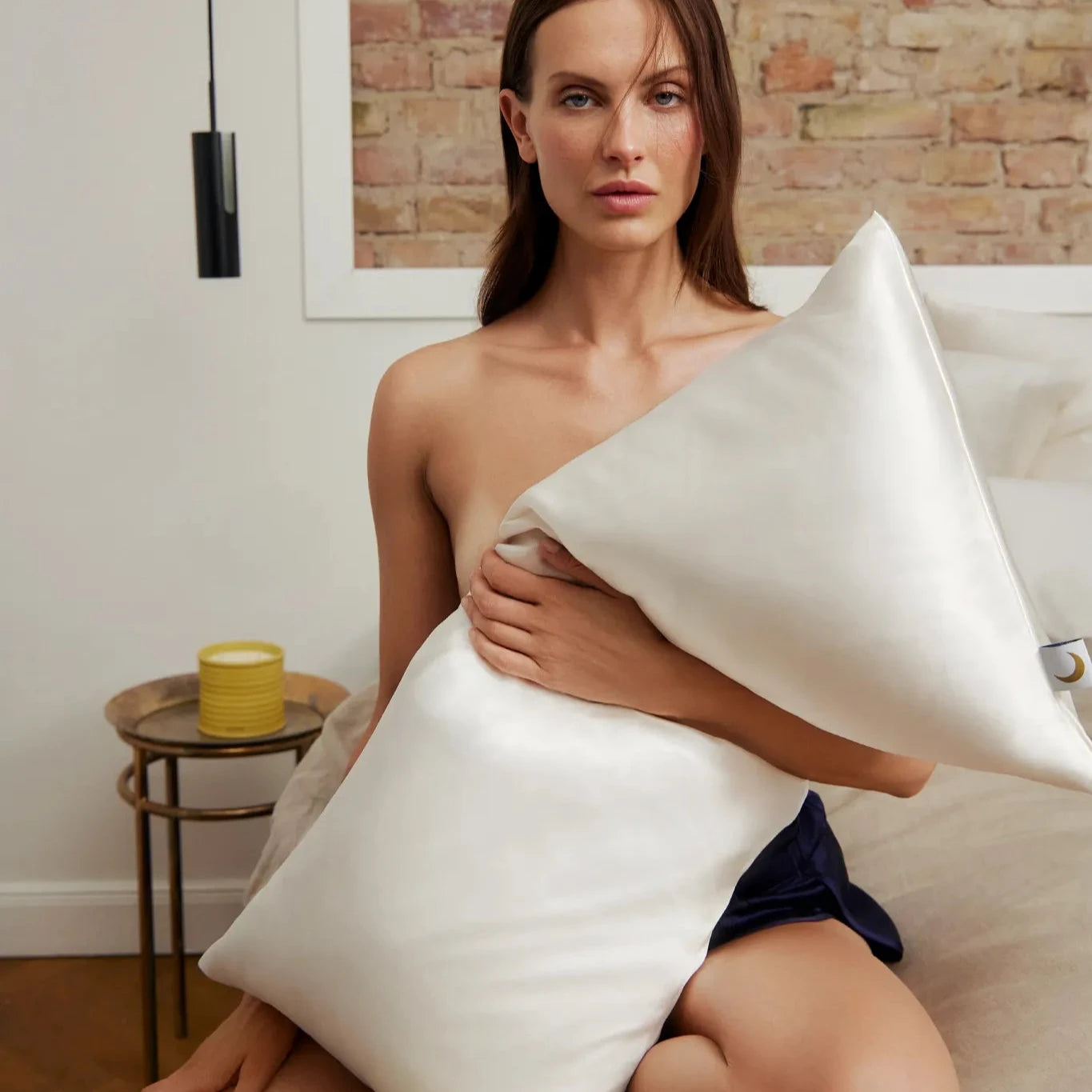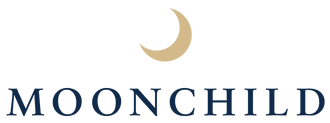Organic certifications: What does which label mean?
There are currently several organic textile certifications used to indicate that a product has been manufactured using environmentally sustainable and/or socially responsible practices. Here is an overview of some of the most well-known labels:
GOTS: Global Organic Textile Standard
GOTS is a global standard for organic textiles that covers the entire production process, from the harvesting of the raw materials to the labelling of the finished product. It requires a minimum of 95% certified organic fibres and prohibits the use of toxic chemicals and other harmful substances. GOTS also encompasses social criteria, such as fair labour practices.
OCS: Organic Content Standard
The OCS standard verifies the amount of organic material in a product, rather than the entire production process. It ensures that the organic materials used in a product are correctly tracked and identified throughout the supply chain.
BCI: Better Cotton Initiative
BCI is a global organisation that works to make cotton production more sustainable by promoting better practices for farmers, including reducing the use of pesticides and water. While BCI cotton is not necessarily organic, it is produced with more environmentally-sustainable practices. It has been criticised for being a greenwashing-certificate.
GRS: Global Recycled Standard
GRS verifies the amount of recycled content in a product, as well as the responsible social, environmental, and chemical practices used in its production.
Textile Exchange standards
Textile Exchange is an organisation that works to promote sustainable practices in the textile industry. It offers several standards, including the Recycled Claim Standard (RCS), the Responsible Wool Standard (RWS), and the Responsible Down Standard (RDS).
OEKO-TEX Standard
The OEKO-TEX 100 certification is used to indicate that a textile product has been tested for harmful substances and found to be safe for human use. The certification is based on a list of over 100 harmful substances including pesticides, heavy metals, and formaldehyde. The restrictions mean that the residual amounts of these substances in finished textiles are not permitted to exceed certain limits.
It's important to note that the OEKO-TEX certification does not indicate whether a product is organic or environmentally sustainable in other ways, only that it meets specific safety standards.
B Corp Certification
B Corp (short for Benefit Corporation) is a type of certification for for-profit companies that are committed to meeting high standards of social and environmental performance, accountability, and transparency. Companies that achieve B Corp certification are part of a global movement of businesses that are using their influence and resources to create positive social and environmental impact.
To become a certified B Corp, a company must meet rigorous standards in areas such as environmental sustainability, social responsibility, transparency, and governance. B Corps are required to complete a comprehensive assessment that evaluates their impact on employees, customers, the community, and the environment. The assessment is conducted by the non-profit B Lab, which is the organisation that oversees the B Corp certification process.
How can I fact check for myself?
While these are the most well-known organic textile certifications, there are many others, and it can be confusing. When choosing organic textiles, it’s important to look for products that are certified by a reputable organisation and to read the label carefully to understand the specific standards that have been met. This is another area in which it’s important to question whether there is evidence to back the claims being made or whether it’s just clever marketing. A proposal for a new EU Directive with the aim of clamping down on ‘greenwashing’ has reached the next stage of the legislative process and we’ll be watching closely to see what this means for the industry.
If you want to fact check for yourself, there are a number of things to consider. Companies making an effort to be more sustainable are liable to communicate this; Conversely, if you can’t find any info about a company’s production practices, it’s safe to assume they are using conventional chemical processing.
Here are the questions we like to ask to ensure that a company really lives up to its sustainability claims:
- Are the materials sourced from organic, renewable resources?
- Is the processing organic, e.g. certified colouring, closed loop processing?
- Does the company transparently communicate where it produces?
- Does the company produce itself?
- Does the company outsource to a long and non-transparent supply chain?
- Does the supply chain extend over various continents?
- Does the company know the source of its textiles?
- Does the company know their producers?
- Does the company carry out and verify environmental audits?
- Does the company continuously renew its certificates?
Still confused?
While organic certifications are generally seen as a positive development for the textiles industry, there has been criticism and concern regarding their effectiveness and impact. We’ve summarised the key points below:
- Lack of uniform standards: The standards for organic labelling can vary wildly, depending on the certifying organisation or country. This creates confusion for consumers and makes it difficult to compare different products. Additionally, some standards may be more stringent than others, leading to variations in the quality and sustainability of organic products.
- Limited coverage: Organic certifications only apply to specific aspects of textile production, such as the use of organic fibres, and do not necessarily address other important sustainability considerations, such as water usage, energy consumption, and worker conditions.
- Cost and accessibility: Organic certifications can be expensive to obtain, which can create barriers for smaller producers and limit the availability of organic products. Some producers pass the costs on to consumers in the form of higher prices, making it difficult for some people to afford organic textiles.
- Certification challenges: Some critics argue that the certification process for organic labels is not stringent enough, and that companies can manipulate the system to obtain certification without actually adhering to sustainable practices. This can lead to 'greenwashing', or misleading claims about the sustainability of products.
- Lack of enforcement: In some cases, there may be a lack of enforcement of organic certifications standards, which can allow companies to misrepresent their products as organic without fear of consequences.
Overall, while organic certifications have helped to promote more sustainable practices in the textile industry, and to raise consumer awareness of the issue, there is still room for improvement in the standards and enforcement of these labels to ensure that they effectively achieve the ultimate goal: promoting sustainability and protecting the environment.
Which certificates does Moonchild rely on?
Moonchild’s sourcing and production goes above and beyond the requirements of the certifications and only uses textiles with 100% certified organic fibres (the requirement for the certified organic label is 95% organic fibres). Moonchild uses fabrics that are certified organic from harvesting through to textile finishing, sourcing directly from a small supply chain with direct contact to those involved at every stage to ensure complete transparency.
Each stage of our silk production chain is controlled by the European GOTS (Global Organic Textile Standard) certificate. After it is harvested, our silk is transported to Europe. Every stage of the further processing of the raw silk, from weaving to dyeing, takes place within the EU and is subject to the stringent regulations in force here. All Moonchild textiles are guaranteed free from the twenty-four potentially harmful substances listed below:
- PFAS
- Flame retardants
- Chlorinated benzenes
- Chlorophenols
- APEO, EDTA, DTPA, NTA surfactants
- Endocrine disruptors
- Formaldehyde
- GMO
- Heavy metals
- Azo dyes, carcinogenic dyes, allergenic dyes
- Organotin compounds
- Plasticizers
- DTDMAC, DSDMAC, DHTDMAC quaternary ammonium compounds
- Chlorinated paraffins
- Cyclic siloxanes
- Microplastics
- Non oxygen-based bleaches
Find our certificate here:

Moonchild works exclusively with textiles processing and finishing sites located within the EU. Our garment workers enjoy the highest standards of social welfare in the world, with fair wages, safe and fair working conditions and guaranteed no child-labour.



















